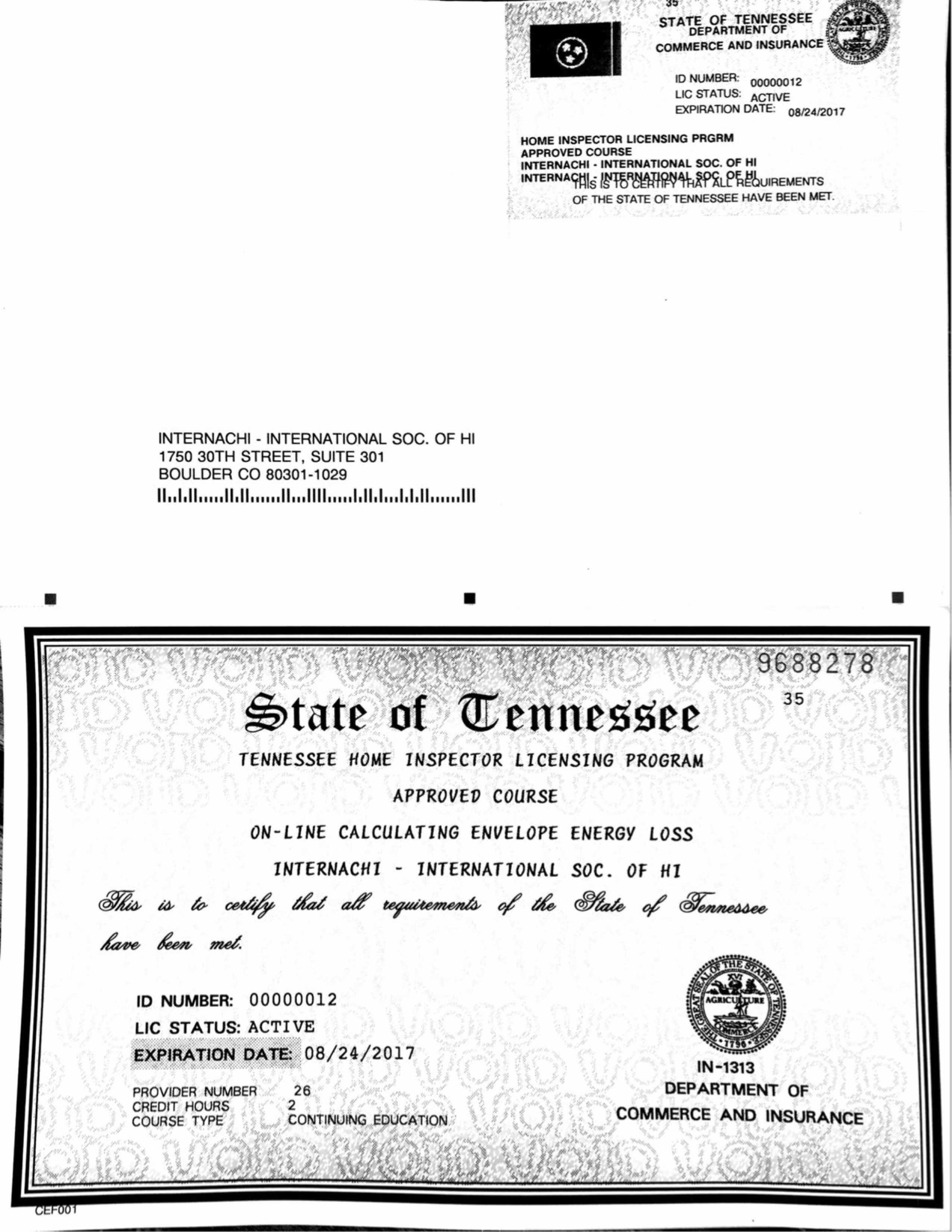
A variety of services are offered by real estate agents to assist clients in buying and selling property. These services include advising sellers and buyers on market conditions, negotiating deals, as well as completing transactions.
Agents provide inspection services prior to the sale of a property in order to verify that it conforms with all applicable laws and codes. This will save you time and prevent you from making costly mistakes.
1. Build Rapport with Your Clients
The best real estate agents listen to clients and take the time necessary to meet their needs. They understand that a property purchase is a major life event, and they want to make sure their client is comfortable with the process. They take the time to ask questions, make eye contact, and show that they are interested in their client's goals.
2. Keep your Database Organized
Effective real estate agents make it easy to keep track of their contacts so that they can respond quickly to inquiries. This can be done in a variety of ways, including email programs and spreadsheets. Commercial products that are designed specifically for real estate professionals have features like automatic synchronization with mobile devices and automated contact updates.

3. Be a trusted advisor
A successful agent will offer advice and assistance to clients in buying or selling their homes, as well as with the move. These include preparing legal documents, such as purchase agreements, and helping with the closing. They also arrange for title searches to ensure that any judgments or liens are removed from their client's property.
4. Pricing Your Home Correctly
An agent who is assessing the market value of a property should first examine comparable sales. This is crucial because it will give them an idea of the current home's value. They will also know whether it is a seller's or a buyer's market.
5. Be a great negotiator
As a real agent, your job is to negotiate for your client and other parties in a transaction. Your job is to find the best solution for both of you and get the best outcome.
6. Marketing experts
The best real estate agents can market homes with exceptional skill and expertise. This means taking photos of the property, writing compelling descriptions, and promoting it through multiple channels.
7. Establish strong relationships with clients
The most successful agents are respectful and dignified with their clients. They provide helpful information, listen carefully to their client's needs and concerns, and offer advice when it is appropriate.

They make sure that clients have their questions answered and that problems are solved promptly. This creates trust and leads to more referrals.
8. Word of Mouth Referrals - More leads
If a realty agent is able to do a great job with clients, they often get positive reviews and referrals that can help them generate more business. Because real estate is a competitive industry, it is essential to offer excellent customer service.
FAQ
How much money do I need to purchase my home?
The number of days your home has been on market and its condition can have an impact on how much it sells. Zillow.com reports that the average selling price of a US home is $203,000. This
Do I need flood insurance
Flood Insurance protects against damage caused by flooding. Flood insurance protects your belongings and helps you to pay your mortgage. Learn more about flood coverage here.
What is the average time it takes to sell my house?
It depends on many factors, such as the state of your home, how many similar homes are being sold, how much demand there is for your particular area, local housing market conditions and more. It may take up to 7 days, 90 days or more depending upon these factors.
What should you consider when investing in real estate?
It is important to ensure that you have enough money in order to invest your money in real estate. If you don’t save enough money, you will have to borrow money at a bank. You also need to ensure you are not going into debt because you cannot afford to pay back what you owe if you default on the loan.
Also, you need to be aware of how much you can invest in an investment property each month. This amount must be sufficient to cover all expenses, including mortgage payments and insurance.
It is important to ensure safety in the area you are looking at purchasing an investment property. It would be best to look at properties while you are away.
What are the benefits to a fixed-rate mortgage
Fixed-rate mortgages allow you to lock in the interest rate throughout the loan's term. This means that you won't have to worry about rising rates. Fixed-rate loans also come with lower payments because they're locked in for a set term.
How do I know if my house is worth selling?
If you have an asking price that's too low, it could be because your home isn't priced correctly. You may not get enough interest in the home if your asking price is lower than the market value. Get our free Home Value Report and learn more about the market.
How do you calculate your interest rate?
Interest rates change daily based on market conditions. The average interest rate during the last week was 4.39%. The interest rate is calculated by multiplying the amount of time you are financing with the interest rate. For example: If you finance $200,000 over 20 year at 5% per annum, your interest rates are 0.05 x 20% 1% which equals ten base points.
Statistics
- Some experts hypothesize that rates will hit five percent by the second half of 2018, but there has been no official confirmation one way or the other. (fortunebuilders.com)
- This seems to be a more popular trend as the U.S. Census Bureau reports the homeownership rate was around 65% last year. (fortunebuilders.com)
- 10 years ago, homeownership was nearly 70%. (fortunebuilders.com)
- Private mortgage insurance may be required for conventional loans when the borrower puts less than 20% down.4 FHA loans are mortgage loans issued by private lenders and backed by the federal government. (investopedia.com)
- Based on your credit scores and other financial details, your lender offers you a 3.5% interest rate on loan. (investopedia.com)
External Links
How To
How to Manage A Rental Property
While renting your home can make you extra money, there are many things that you should think about before making the decision. This article will help you decide whether you want to rent your house and provide tips for managing a rental property.
Here are the basics to help you start thinking about renting out a home.
-
What factors should I first consider? Before you decide if you want to rent out your house, take a look at your finances. You may not be financially able to rent out your house to someone else if you have credit card debts or mortgage payments. You should also check your budget - if you don't have enough money to cover your monthly expenses (rent, utilities, insurance, etc. It may not be worth it.
-
How much is it to rent my home? There are many factors that go into the calculation of how much you can charge to let your home. These include things like location, size, features, condition, and even the season. Remember that prices can vary depending on where your live so you shouldn't expect to receive the same rate anywhere. Rightmove estimates that the market average for renting a 1-bedroom flat in London costs around PS1,400 per monthly. If you were to rent your entire house, this would mean that you would earn approximately PS2,800 per year. That's not bad, but if you only wanted to let part of your home, you could probably earn significantly less.
-
Is it worthwhile? There are always risks when you do something new. However, it can bring in additional income. Make sure that you fully understand the terms of any contract before you sign it. You will need to pay maintenance costs, make repairs, and maintain the home. Renting your house is not just about spending more time with your family. Before signing up, be sure to carefully consider these factors.
-
Is there any benefit? Now that you have an idea of the cost to rent your home, and are confident it is worth it, it is time to consider the benefits. There are many reasons to rent your home. You can use it to pay off debt, buy a holiday, save for a rainy-day, or simply to have a break. Whatever you choose, it's likely to be better than working every day. You could make renting a part-time job if you plan ahead.
-
How can I find tenants? After you have decided to rent your property, you will need to properly advertise it. You can start by listing your property online on websites such as Rightmove and Zoopla. Once potential tenants contact you, you'll need to arrange an interview. This will help to assess their suitability for your home and confirm that they are financially stable.
-
How do I ensure I am covered? If you're worried about leaving your home empty, you'll need to ensure you're fully protected against damage, theft, or fire. You will need to insure the home through your landlord, or directly with an insurer. Your landlord will often require you to add them to your policy as an additional insured. This means that they'll pay for damages to your property while you're not there. This does not apply if you are living overseas or if your landlord hasn't been registered with UK insurers. You will need to register with an International Insurer in this instance.
-
Even if your job is outside the home, you might feel you cannot afford to spend too much time looking for tenants. But it's crucial that you put your best foot forward when advertising your property. A professional-looking website is essential. You can also post ads online in local newspapers or magazines. A complete application form will be required and references must be provided. While some people prefer to handle everything themselves, others hire agents who can take care of most of the legwork. Either way, you'll need to be prepared to answer questions during interviews.
-
What happens after I find my tenant?After you've found a suitable tenant, you'll need to agree on terms. If you have a contract in place, you must inform your tenant of any changes. If this is not possible, you may negotiate the length of your stay, deposit, as well as other details. It's important to remember that while you may get paid once the tenancy is complete, you still need to pay for things like utilities, so don't forget to factor this into your budget.
-
How do I collect the rent? When it comes time for you to collect your rent, check to see if the tenant has paid. If your tenant has not paid, you will need to remind them. You can subtract any outstanding rent payments before sending them a final check. If you're having difficulty getting hold of your tenant you can always call police. They won't normally evict someone unless there's been a breach of contract, but they can issue a warrant if necessary.
-
How do I avoid problems? It can be very lucrative to rent out your home, but it is important to protect yourself. Ensure you install smoke alarms and carbon monoxide detectors and consider installing security cameras. It is important to check that your neighbors allow you leave your property unlocked at nights and that you have sufficient insurance. You should never allow strangers into your home, no matter how they claim to be moving in.